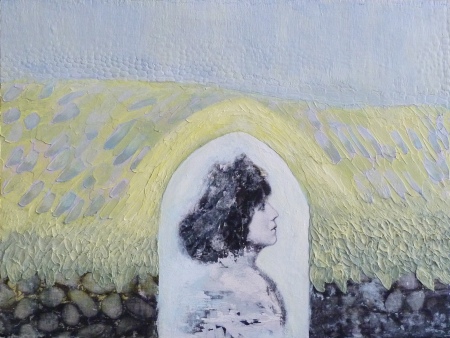At Nova Wellness Counseling, I work with clients to help them better understand both the biochemical and emotional factors affecting natural weight loss. By expanding the definition of nourishment, we can also gain a broader perspective about overeating.
There are three types of overeating: The emotional type is about fear, anger and anxiety. The environmental type is triggered by the sight or smell of food. And restraint eating relates to overeating after dieting.
It’s hard to self-regulate eating when stress is a part of daily life. Food fills the empty spaces created by discomforts such as boredom or loneliness, and it is also used for reward and celebration. Yet how do we make the right choices to love ourselves first in ways that support our health and well-being?
First of all, don’t beat yourself up if you struggle with stress and overeating. Often what we are truly reaching for is to feel loved and valued.
An act of self-love is to learn new skills to deal with the challenges we face in daily life that shape our emotional eating habits. First, accept where you are without judgment. This makes it possible to develop self-control to have the ability to make your own choices.
In my work with clients, we explore ways to nourish and heal those emotions and fears that have kept us from moving forward. Choosing foods that have nutritional value is only part of that exploration. Shifting your attitude from critical judgment to acceptance requires allowing your inner wisdom to emerge.
The key is learning how to think for your own body type, and learning to listen to your body. The only prerequisite is being willing to embrace your true potential.
I’d enjoy working with you!
Alice Anne
Alice Anne Millington, M.A. Psych., C.C., H.H.P
Office: 206-733-0349
Email: AliceAnneNWC@live.com
http://www.NovaWellnessCounseling.com



